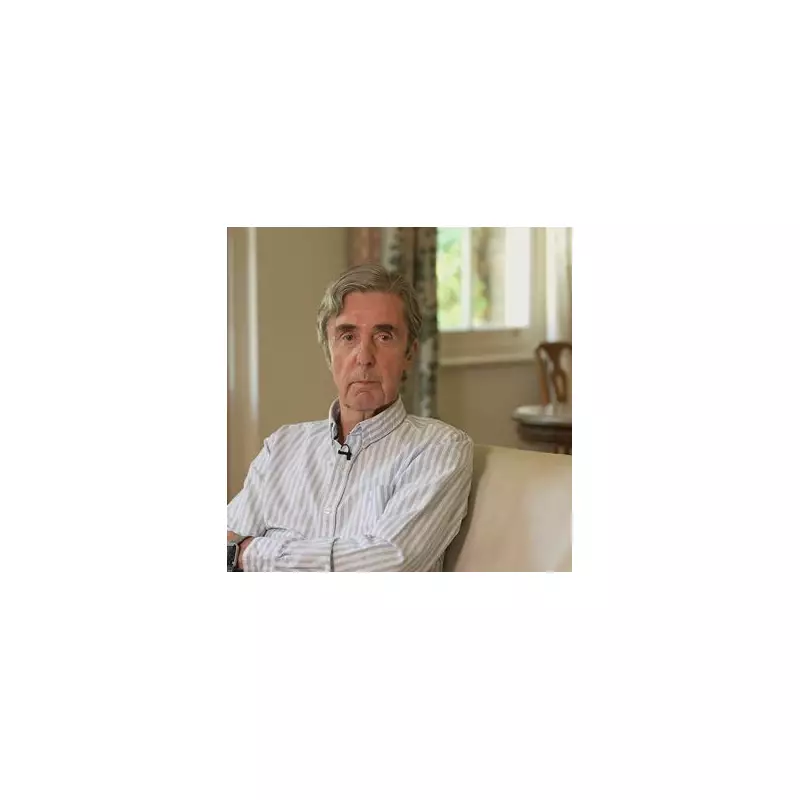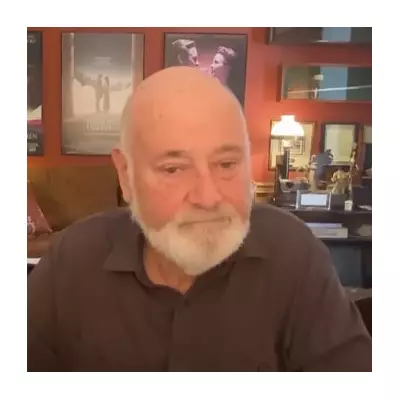
British television icon John Stapleton, a familiar face to millions from his decades on GMTV, has shared a deeply personal and courageous account of his journey with Parkinson's disease. The veteran broadcaster revealed that the first signs of the condition appeared a staggering ten years before he received an official diagnosis.
In a move to raise vital awareness and funds for research, Stapleton is now fronting a new campaign for Parkinson's UK. He hopes his story will encourage others to spot the signs earlier and support the scientific race for a cure.
The Symptom He Wrote Off
Stapleton's first encounter with Parkinson's was so subtle he dismissed it for years. He began to lose the natural swing in his left arm while walking, a classic early motor symptom of the disease.
"I just thought it was one of those things," Stapleton admitted. "It didn't occur to me that it was anything other than just a slight stiffness, a slight quirk." It wasn't until a decade later, when the tremor in his hand became impossible to ignore, that he sought medical advice and received the life-changing news.
Life After The Diagnosis
Since his diagnosis 18 months ago, Stapleton's life has changed course. While he has stepped back from the relentless pace of daily broadcasting, he has channelled his energy into advocacy. He speaks candidly about the challenges, from the physical tremors and muscle stiffness to the immense psychological impact of living with a progressive condition.
"It does affect you psychologically, without a doubt," he shared. His mission now is to use his public profile for good, adding, "If I can do anything to help find a cure, I will."
A Call To Action For The Public
Stapleton is urging the public to get behind Parkinson's UK's 'Time for Can' campaign. The initiative is a direct challenge to the defeatist notion that 'there's nothing we can do' in the face of a Parkinson's diagnosis.
By sharing his story, he aims to shine a light on the reality of the condition and accelerate the fundraising needed for groundbreaking research. His bravery is a powerful reminder that behind every diagnosis is a person, a story, and a hope for the future.





